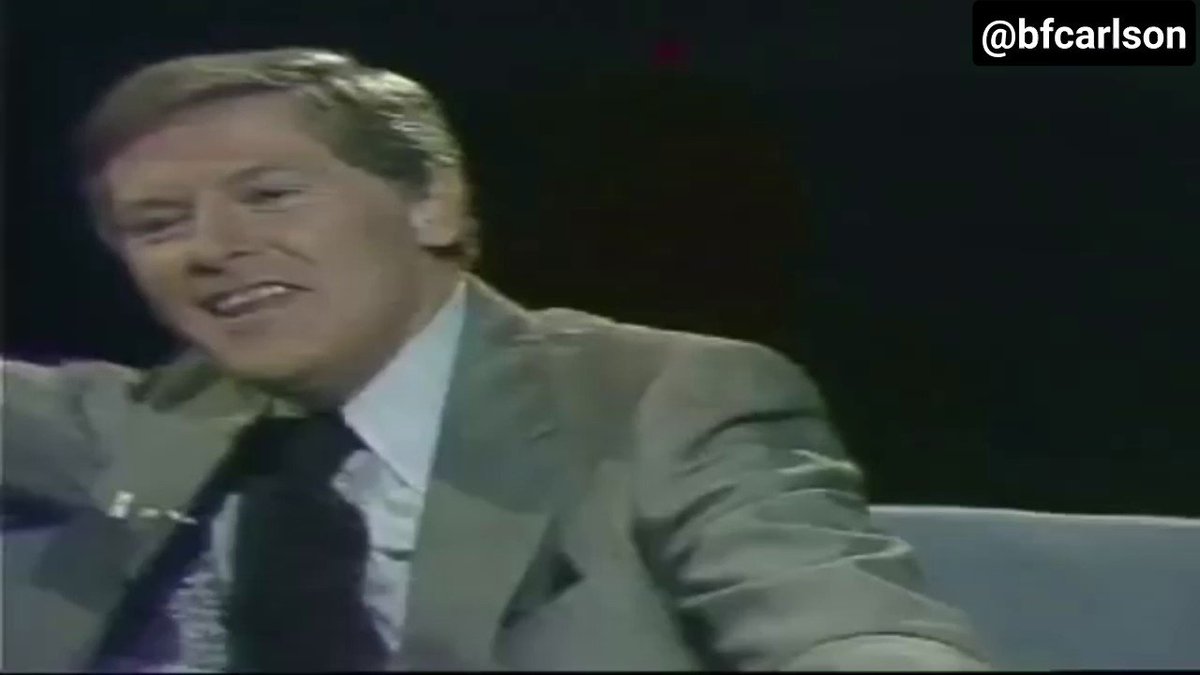What happens when Elon Musk likes your tweet
|
Hello and welcome. I'm glad you're here. Let's talk about that: why you're here. You're probably here because you came across a tweet I wrote this week that went viral. This was the tweet:
As of this writing, it has 4.6 million views, 35,290 likes and 8,480 retweets. How did that happen? Simple. There were two reasons: 1. Jack.And 2. Elon.Those two likes, one by the founder of Twitter and one by the owner of Twitter, instantly made my tweet explode. Within 24 hours, that sentence—31 words long—was seen by more people in more places than anything I'd done before. In fact, it was probably seen more than everything I wrote in 10 years as a writer, editor, and foreign correspondent. That's how it happened. But why that tweet? The 6 Elements of a Viral TweetWhile surprising, this success wasn't random. The tweet does some important things right:
In the end it was a great piece of content, packaged in an intriguing way, that spoke to the a widespread interest of people on the platform. Where did I find it? Next week, maybe I'll dig into more of the creative process. In the meantime, enjoy the full interview. Until then, Ben |
|
Benjamin Carlson
I'm a communications exec and a former editor at The Atlantic and foreign correspondent. Subscribe for lessons from my 15 years in media and PR
Thought Leadership Lessons from the Greatest Logo Designer of All Time Over the last two years, I’ve traveled through a succession of university archives—aesthetically gorgeous and teeming with deep insights—where I studied the papers of twentieth century visionaries, innovators, and creators. One of them was Paul Rand (1914-1996), a giant of twentieth century graphic design, whose papers are housed at Yale University. Rand was the preeminent logo designer of his day. He created the iconic...
Content Lab: How to Be Positioned Right in 2025 This Jaguar ad is an accidental masterclass in what's changing in the culture and where it's going, right beneath our feet. What might have seemed provocative a year ago now feels utterly tone deaf. What was intended to appear bold, futuristic, and enlightened instead seems flat, cowardly, and anti-human. Consider for a moment. It has no human voices. No smiles. No emotions. No sense of place or time. No melodies. No cities. No food. No roads....
The Carlson Letter Castor and Pollution, Max Ernst, 1923 Do you like your online self? Do you know your online self? Whether you like it or not, one of the first things a new acquaintance will do is Google you. What do they see? If you’re like many of us, they may see a series of results offering to sell your address, phone number, and possible family affiliations. Then they may see a Facebook page (yours, or maybe a namesake’s), your old work headshot, your LinkedIn profile. If you have a...

